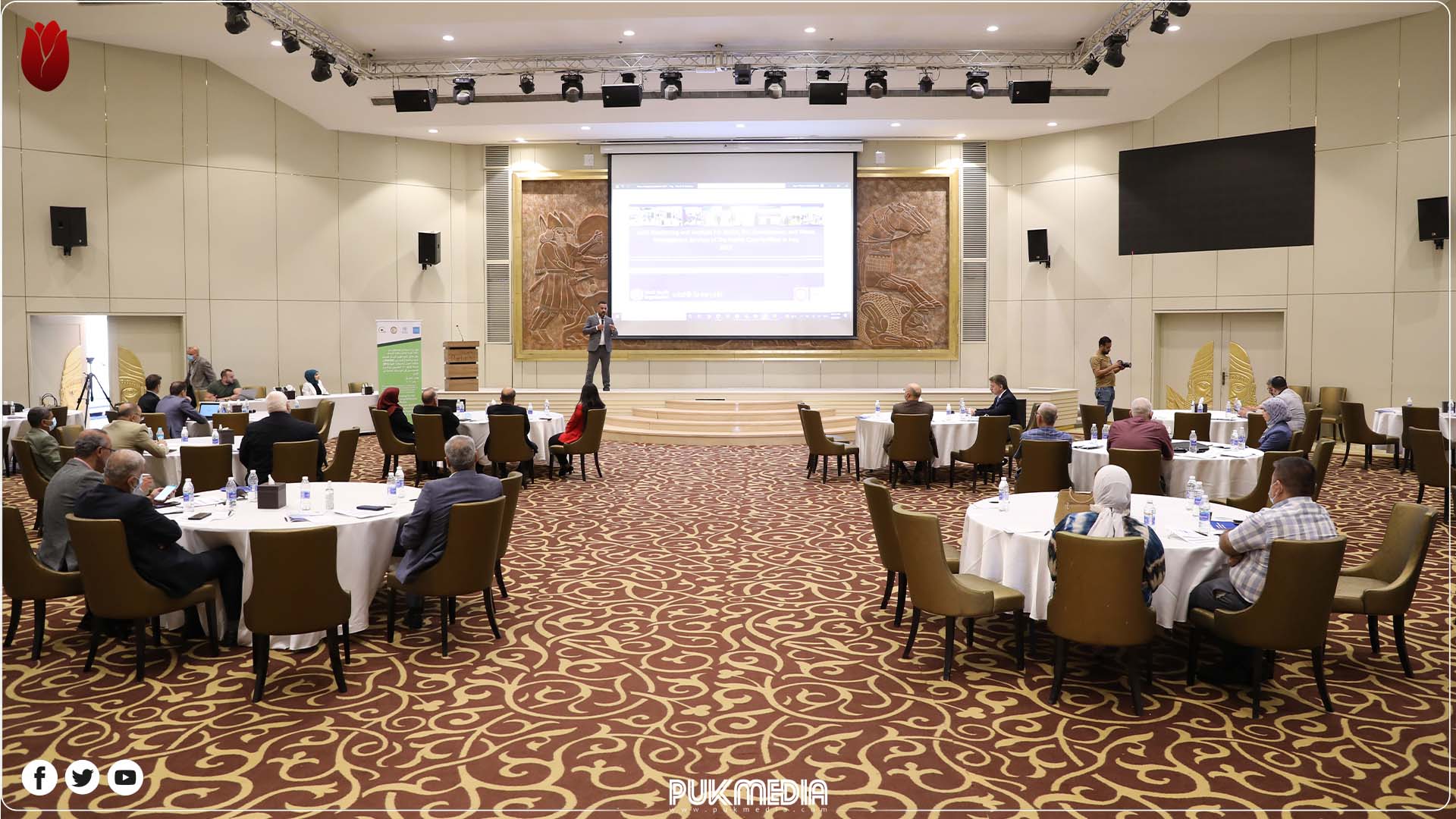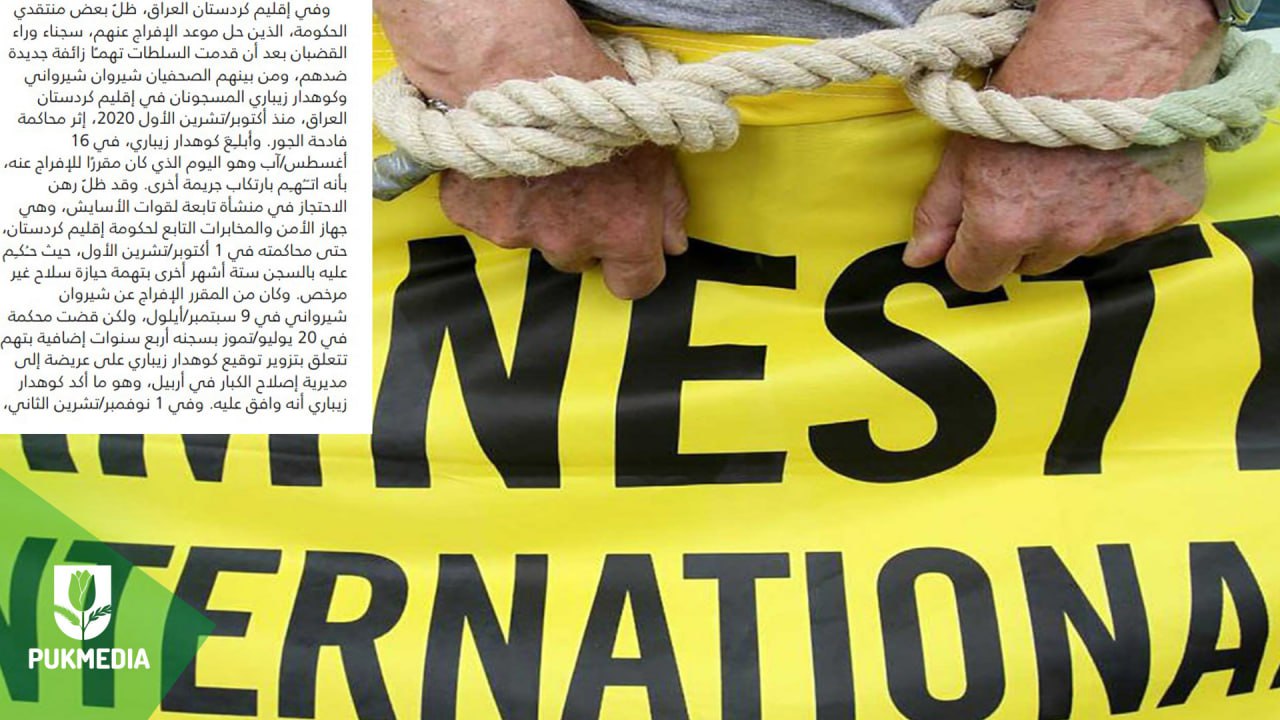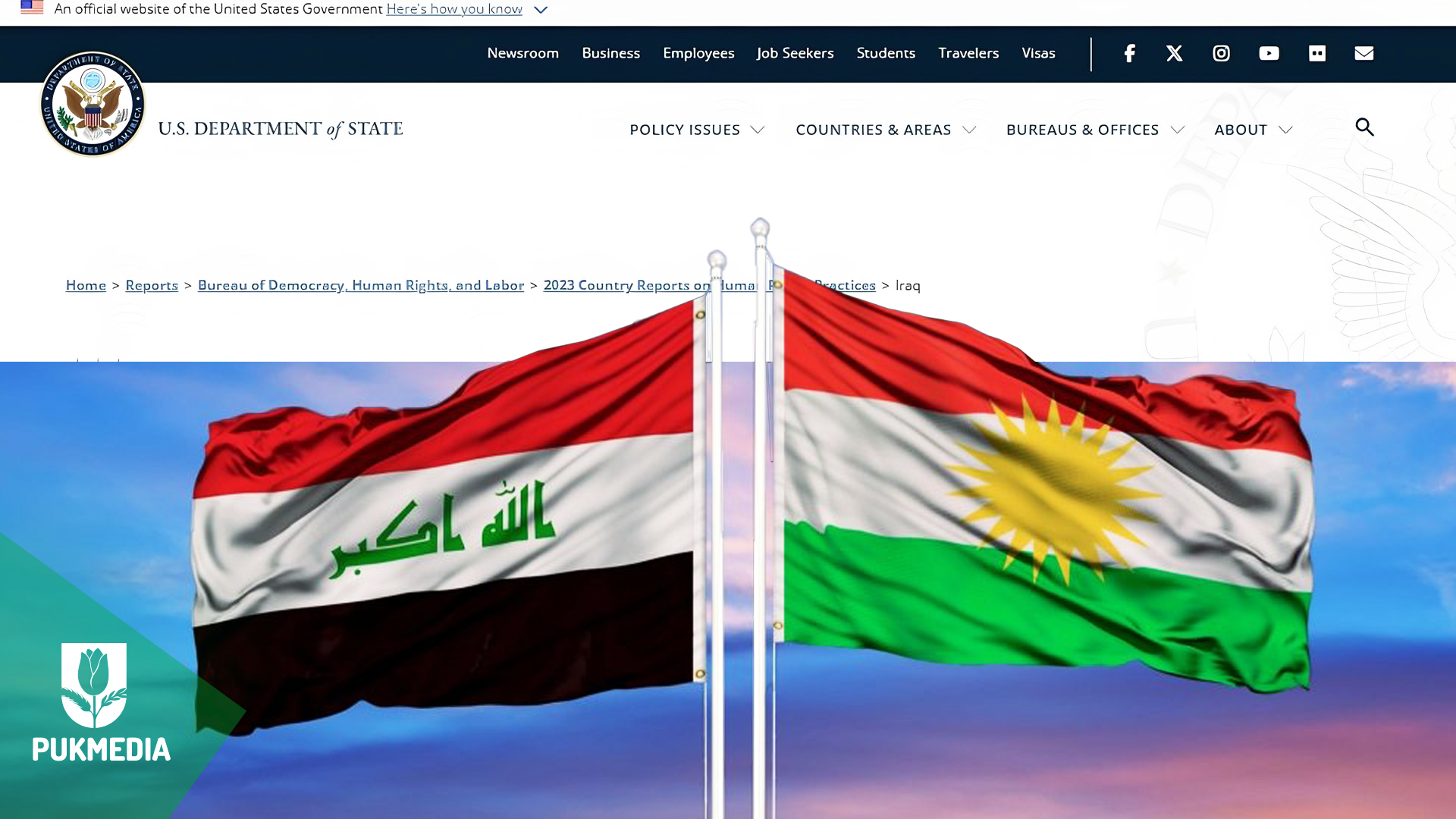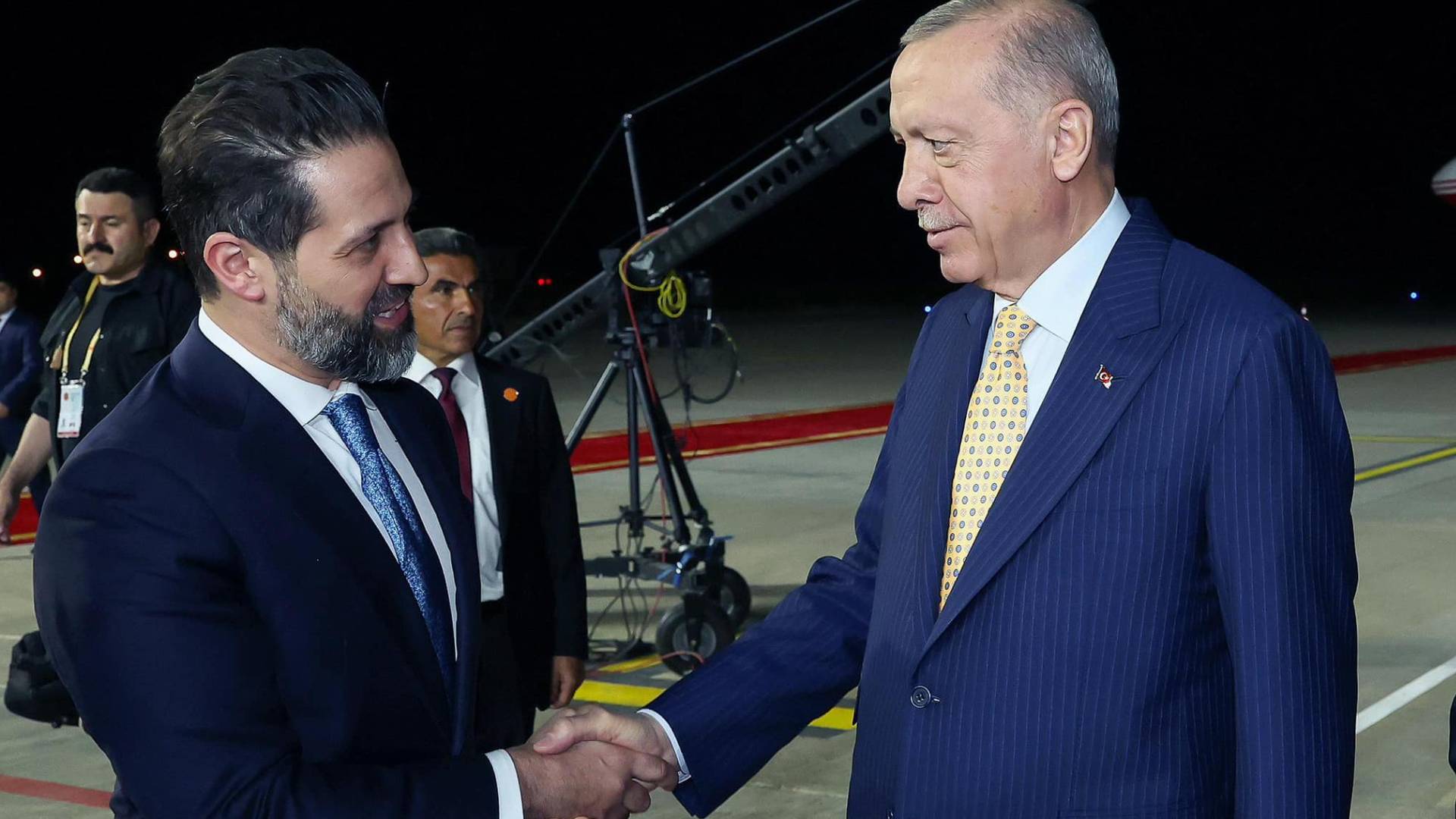Ministry of Health in cooperation with UNICEF and WHO, releases the assessment results of WASH and infection prevention control services in health facilities in Iraq
Iraq 07:57 PM - 2022-07-06
The Ministry of Health in Iraq, in cooperation with the World Health Organization (WHO) and UNICEF, released today the results of the comprehensive assessment of water, sanitation and hygiene (WASH) and Infection Prevention Control (IPC) services in health care facilities in Iraq, with the financing from the Government of Germany.
The assessment was conducted on 3,624 health facilities in Iraq. The findings of the assessment indicated that the provision of water, sanitation, hand hygiene, environmental cleanliness, health care waste management, and IPC services in health facilities is largely hindered by a lack of financial resources, conflicts and the absence of monitoring and preservation of public property.
The progress of healthcare system rebuilding in Iraq has been hindered by many factors of conflict and instability, including the COVID-19 pandemic. The public healthcare system faces chronic impediments, with around half of the primary care facilities in the country not staffed by doctors and most of these buildings have no running water. This indicated the necessity of an assessment of the availability and status of WASH-IPC services within health facilities to inform policy and WASH programming.
The assessment aims to enhance monitoring of WASH - IPC measures in health facilities and find gaps analysis, which could lead to implementing possible mitigation or required corrective action and draw the decision-maker's attention to the WASH and IPC situation in health facilities throughout Iraq.
"This assessment is critical as it enables mapping, analysis and the formulation of recommendations that will enable all stakeholders and decision-makers to take evidence-based decisions and implement the necessary interventions to enhance infection prevention controls in order to achieve comprehensive WASH coverage in health facilities," said Dr Ahmed Zouiten, WHO Representative in Iraq.
Systematic monitoring and assessment are vital for providing safe and quality health care, and to improve our accountability to the affected population. Guided by the assessment results, UNICEF will work alongside WHO and the Government at federal and KRI level to ensure our collective contribution to provide safe water and mitigate preventable infections,” said Ms. Janet Kamau, Officer-in-charge UNICEF Representative in Iraq.
A digital online monitoring and analysis dashboard was also designed to help the Ministry of Health, WHO and UNICEF to enhance the infrastructure of WASH services and health facilities in general.
Improved WASH and IPC services in health care facilities are of significant public health importance as these are associated with reduction in the transmission of healthcare-acquired infections.
UNICEF works in some of the world’s toughest places, to reach the world’s most disadvantaged children - across more than 190 countries and territories. We work for every child, everywhere, to build a better world for everyone.
The World Health Organization contributes to a better future for people everywhere. Good health lays the foundation for vibrant and productive communities, stronger economies, safer nations, and a better world. As the lead health authority within the United Nations system, our work touches people’s lives worldwide every day. In the Middle East, WHO serves 23 Member States and works with development partners to improve the health and well-being of all people living here.
PUKmedia/UNAMI
More news
-
German Forces Commander Ended his Mission at Mam Jalal's Grave
12:28 PM - 2024-04-23 -
Golden Bla Awards Ceremony Takes Place in Sulaymaniyah
11:32 AM - 2024-04-23 -
PUK Official: PUK is Committed to Holding Elections on Time
11:04 AM - 2024-04-23 -
Turkish President Meets Kurdish Officials in Erbil
10:42 AM - 2024-04-23
see more
U.S. State Department Mentions the Deterioration of Journalists' Rights in Iraq & Kurdistan
06:48 PM - 2024-04-25
10 Notable Individuals Receive Golden Bla Award
09:27 PM - 2024-04-23
DPM Talabani Asks Turkish President to Lift Ban on Sulaymaniyah Airport
11:43 AM - 2024-04-23
Iraqi & Turkish Presidents: Problems Should Be Resolved Through Dialogue
05:00 PM - 2024-04-22
Most read
-
U.S. State Department Mentions the Deterioration of Journalists' Rights in Iraq & Kurdistan
Reports 06:48 PM - 2024-04-25 -
Another International Report Mentions Kurdistan's Limited Freedom
Reports 09:24 PM - 2024-04-25





.jpg)
 Application
Application


